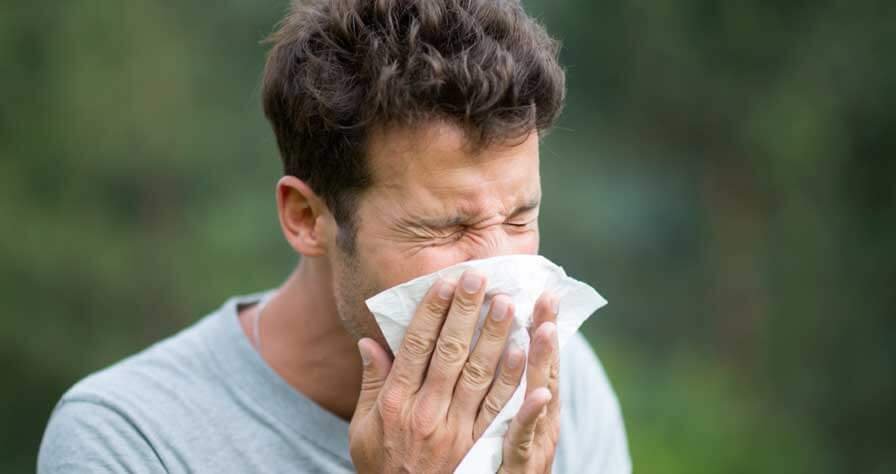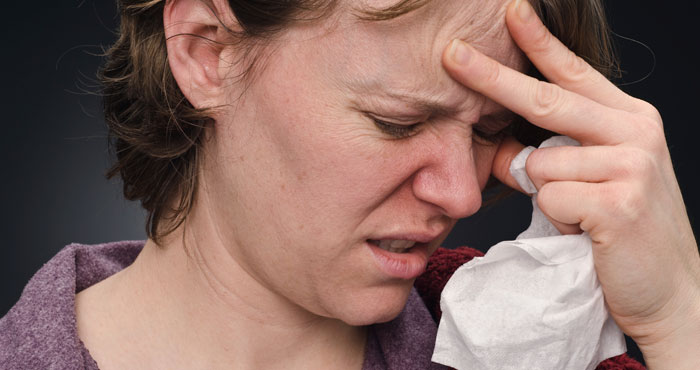Exercise and Allergies: How to Avoid Common Mistakes

Being active is a must for good health. But venturing outdoors when you have allergies requires a bit of preparation to avoid triggering allergy symptoms. Here are some of the most common exercise allergy mistakes and tips to keep in mind before heading outdoors to exercise.
- Not knowing your pollens. What triggers your allergies? It’s important to know what you’re allergic to. There are different readings for different types of pollens. Tree pollen levels above 50 are high, for example, while one to 10 is considered low. Check the website of the American Academy of Allergy Asthma and Immunology, which tracks pollen count for trees, mold, weeds and grass across the U.S.
- Going outdoors at the wrong time of day. The pollen count is the highest between 6-9 a.m. and again at dusk, so plan your workouts for other times when pollen levels are lower. If you go out during the high-pollen times, wear a face mask designed to filter pollens. As soon as you arrive home, rinse out your nose with saline to remove pollen still in your nose.
- Not considering the weather. Avoid outdoor exercise on dry, warm, windy days which bring the highest pollen levels. High humidity can cause problems, as well. The humidity itself isn’t bad, but if the air feels heavy, it can make breathing feel difficult.
Plus the humidity contributes to mold growth, which can trigger symptoms in people with mold allergies. On the other hand, a rain shower may help. Rain clears the air, making it a good time to go outdoors if you have allergies. - Choosing the wrong activity. Start-and-stop activities such as tennis are more likely to trigger asthma symptoms in susceptible people than continuous activities such as running. Swimming is usually excellent for building lung capacity. However chlorine from pools can be irritating to some people, so use caution and leave the area if you have trouble breathing.
- Staying outside too long. If, despite being on preventative medications, you feel fatigued after exercising outdoors (from exposure to pollen) or if it results in unacceptable symptoms, you may want to stay indoors. If you experience swelling around the eyes, hives or prolonged nasal or eye symptoms, stay indoors and exercise with the windows closed and the air conditioner on.



